CD Palestino: A National Team Without A Nation
- Cody

- May 28, 2018
- 5 min read
Updated: May 29, 2018

Over the past two weeks, at least 58 Palestinians have been killed during clashes with Israeli forces in Jerusalem. As many as 2,000 more Palestinians have been injured. Thousands of Palestinians were protesting the United States’ controversial decision to move their embassy from the city of Tel Aviv to Jerusalem, a city shared between Palestinians and Israelis. The decision has been seen as recognition by the United States of Jerusalem as the de facto capital of Israel. Monday the 14th, the day the US moved its embassy, Palestinian protesters or terrorists, depending on your narrative, clashed with Israeli military, storming the fence that runs through the West Bank and setting fire to tires in order to hinder Israeli snipers. Israeli forces, determined to keep the Palestinian military organization Hamas or any Palestinian from the US embassy, were given permission to use live fire to prevent Palestinians from moving into Israeli territory, leading to the bloodshed witnessed on Monday. After such a tragedy and in a region as volatile as anywhere else in the world, what do Palestinians have to celebrate and cherish?
Halfway around the world, in a more stable environment, resides a football club for a people in exile. A national team without a nation. Club Deportivo Palestino, founded in Santiago, Chile in the year 1920, represents the sizeable Palestinian diaspora that arrived in Chile mainly during the first part of the 20th century. Chile, with over 500,000 Palestinian immigrants, has the largest Palestinian community outside of the Arab world. The club itself is the only professional football club representing the Palestinian community outside of Palestine. Some consider the club to be the first and only to be found by refugees, rather than by immigrants.
Like Turkey or Portugal, Chile’s football scene is dominated by three major clubs: Colo-Colo, Universidad de Chile, and Universidad Católica. The three take up most of the titles and support in a city of just under seven million people. Perhaps more noteworthy, Santiago is also home to three “immigrant” clubs, which have traditionally all been in the top-flight. Aside from Club Deportivo Palestino, Unión Española and Audax Italiano began as representatives of Chile’s Spanish and Italian communities, respectively. The three share a three-way, somewhat amicable rivalry to be the best of the immigrant clubs, similar to the way that the three giants rival each other in being the biggest and best club in the country.
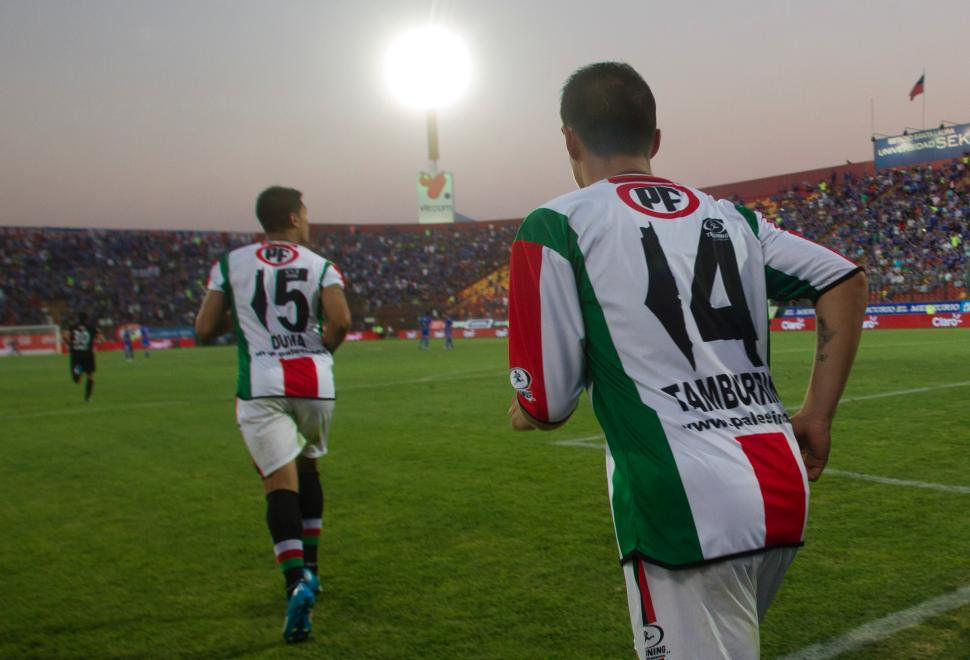
Palestino’s traditional home shirt consists of a white base with vertical green and red stripes, typically of the wider variety. The club is affectionately known as Tricolor because of the green, red, and white stripes. The shorts and socks are black, and thus the four colors of the Palestinian flag are represented. The club is perhaps best known for the controversy surrounding their shirt numbers during the 2014 season. The club used the historic map of Palestine in place of the number one, much to the ire of the local Jewish community. Led by Patrick Kablisky, owner of Chilean club Ñublense, the shirts were banned by the Chilean football federation on grounds that the numbers represented a form of “political, religious, sexual, ethnic, social or racial discrimination.” The club continues to sell the banned shirts to supporters around the world, which remains by far its most popular product.
The club has traditionally based itself in La Cisterna neighborhood of Santiago. The neighborhood itself isn’t the nicest part of the city, and the stadium, like many in South America, is owned by the local city council, meaning that it has seen better days. Talks of a refurbishment have taken place several times over the last few years, and construction has finally begun to take place. One improvement to the stadium will be the introduction of a completely new grass pitch, with one notable inclusion.
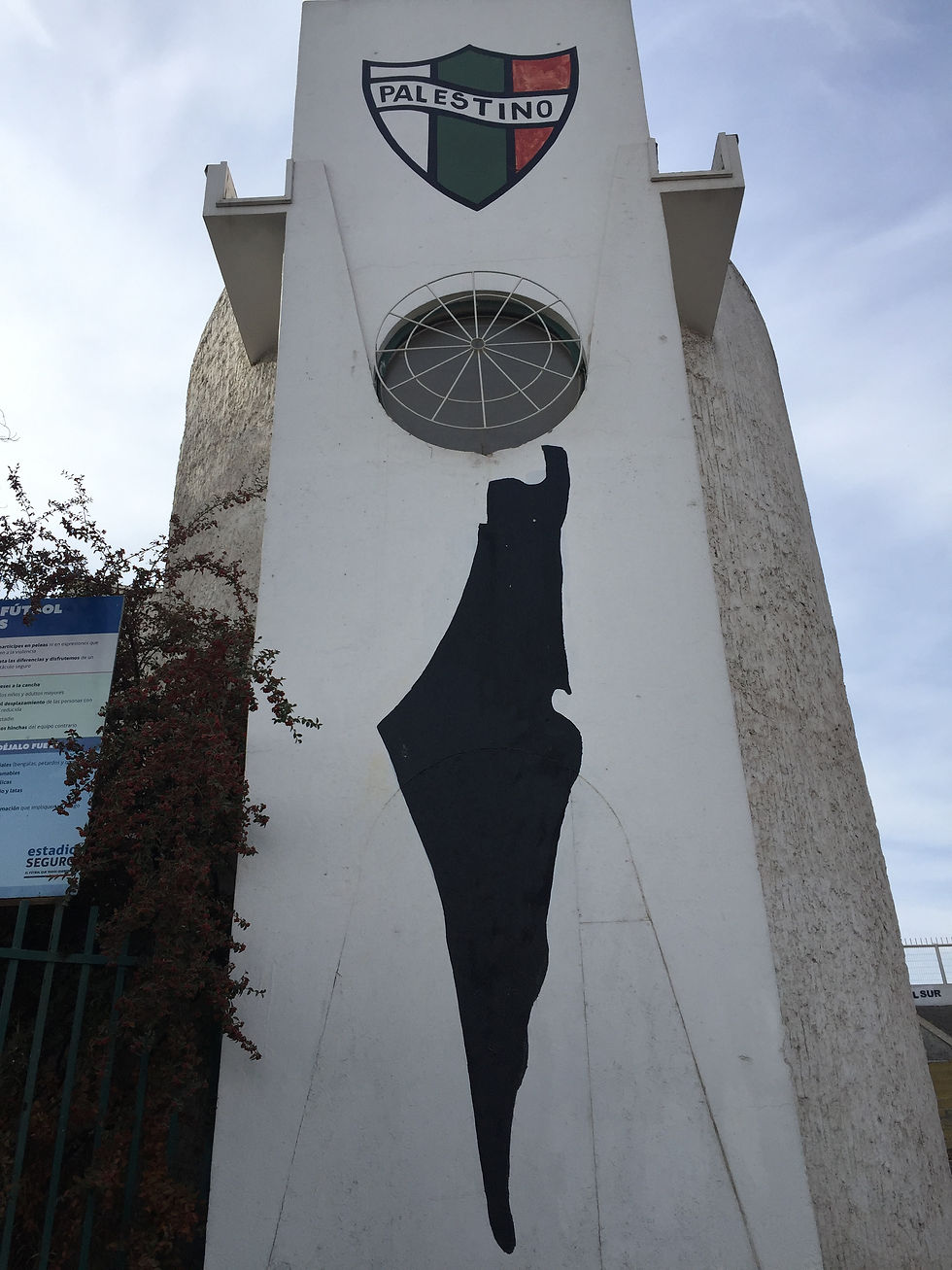
The club’s most recent initiative has involved bringing small handfuls of soil from throughout Palestine across the world to Chile in order to sow the dirt into the pitch of the Estadio Municipal de La Cisterna. Dubbed Locales en Nuestra Tierra (Locals in Our Land), the club aims to show the importance of the land itself, rather than of some abstract idea of it, to many exiled Palestinians around the world.
Because of construction, Tino played its home match outside of La Cisterna last weekend in the bordering neighborhood of La Pintana. Helped by the fact that the two stadiums are just a few kilometers apart, the Palestino supporters made the Estadio Municipal de La Pintana feel like a proper home much. Credit has to be given to the Curicó Unido supporters, who traveled to Santiago in relatively larger numbers and bounced the entire match. Unlike parts of Europe, huge numbers of away supporters are not as common in Chile, but Curicó fans always seem to travel well.

The match itself was a tale of two halves. Palestino nearly scored in the second minute and dominated the rest of the first 45’, finishing the half with a two - nil lead. The team came out looking much more fluid and energetic in the first match under the club’s new manager, Sebastián Méndez. Their performance was even more impressive considering their top scorer and talisman, Roberto Gutiérrez, was out injured. The second half was all Curicó. Curi pulled a goal back and nearly got their equalizer on a few occasions, but Palestino held on for an ever-important three points. The win leaves Palestino in 9th place and just four points off of the Copa Sudamericana places.
Palestino shares an odd relationship with the other clubs in the city. In a capital city with six clubs currently in the first division (there were seven as recently as 2015), CD Palestino garners affection from all sides. Chileans are proud of the Palestinian immigrants who settled in the country, and the club itself is seen as the “second” team of many Santiaguinos. Even concerning the rivalry between the immigrant clubs, Palestino are certainly not despised by either Unión or Audax. Everyone here seems to have a soft spot for Tino.
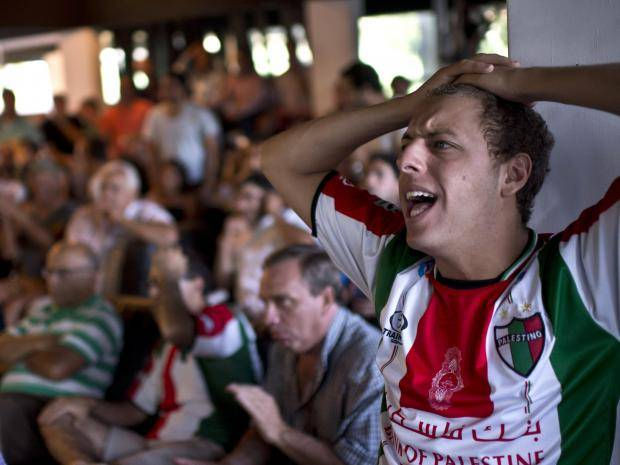
Many Chileans of Palestinian descent have been eligible to play for the Palestinian national team -- a national team which wasn’t officially recognized by FIFA until 1998. Even now, the team represents a “future Arab state to be called Palestine.” These Chileans, and many other players drawn from the Palestinian diaspora, have been denied exit visas by the Israeli government, making it near impossible for those based outside of Palestine to represent the national team. Therefore, Club Deportivo Palestino has become, in many ways, a sort of national team for many Palestinians throughout the world. Naturally, the club receives significant support within Palestine, with accounts of fans watching matches religiously despite the seven-hour time difference between Jerusalem and Santiago.
In December of 2016, Palestino toured their cultural homeland, visiting several historical sites and playing matches against the Palestinian national team and a local all-star team. The club’s visit was celebrated among Palestinians, with the current President Mahmoud Abbas once calling the club, “the second national team for the Palestinian people.” The club’s visit aimed to reconnect the players and staff with their Palestinian roots, while also documenting the passion for and struggle of the game in the West Bank. The Palestino players experienced the realities facing many Palestinians in both Gaza and the West Bank, hearing gunshots and witnessing the increased presence of Israeli soldiers as a Palestinian boy was shot for stabbing and wounding two Israeli officers with a screwdriver. Just four days ago, Israel’s top court sanctioned the use of live fire against the Palestinians currently protesting in Gaza. With no obvious peace in sight, one hopes that something as simple as football can offer some respite to those who are living through tragedies every day. CD Palestino, for its part, will continue to represent its land and its people, even if far from home.
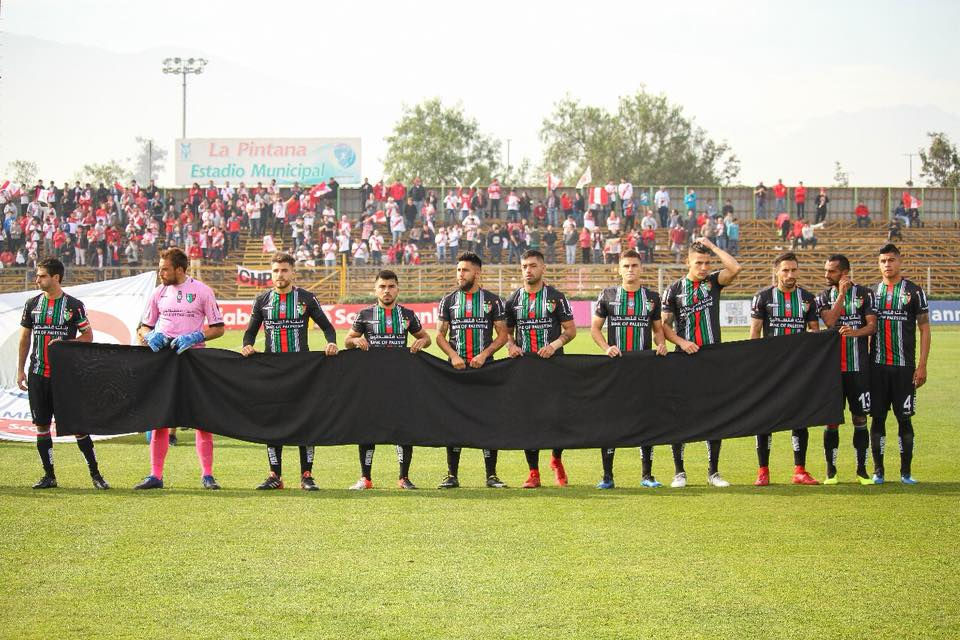




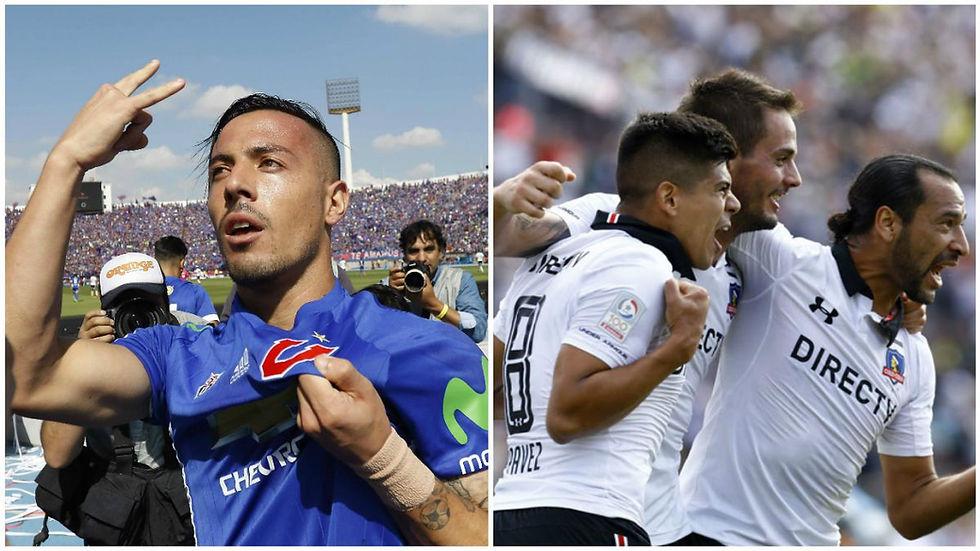
Commentaires